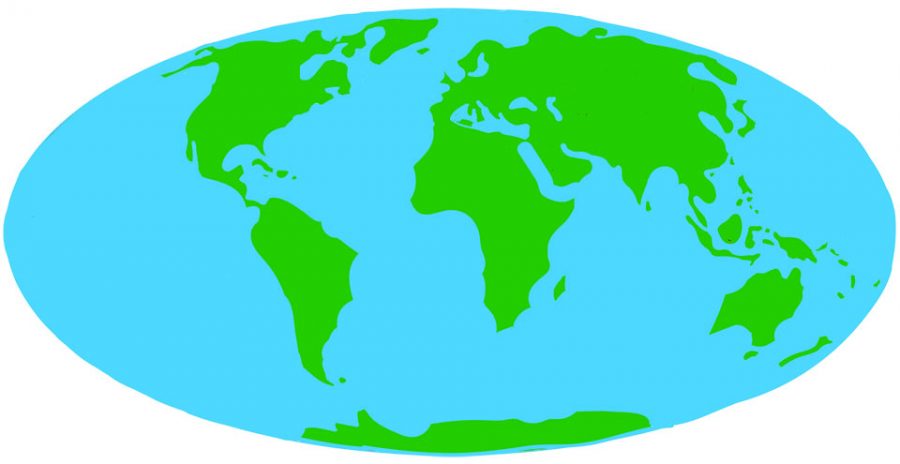Conservation central: These are the top ten trashless tips for high school students
February 25, 2020
The slogan “Reduce, reuse, recycle” has been around since 1976. But, it’s still relevant, even if there are new and better ways to be environmentally conscious. For example, many high schoolers drink coffee regularly. If buying your favorite caffeinated beverage from a local store or even a Starbucks, students can reduce the plastic or styrofoam trash of a throwaway cup by bringing their own reusable mug. If making coffee at home, using a French press instead of a percolating system can reduce waste through eliminating coffee filters.
Students can also use their coffee grounds in a compost pile instead of throwing the waste away. Making a meal plan to eliminate leftovers and choosing to split large meals at restaurants reduces food waste as well.
“Composting our food waste would also limit what enters a landfill, while also creating a natural fertilizer that can be used in a garden,” says NHS Conservation Club sponsor and AP environmental science teacher Eric Gurule. Using the compost fertilizer to grow a garden not only with flowers, but also with fruits and vegetables, reduces plastic waste by eliminating the need to buy boxed produce at a grocery store. (Don’t forget to bring your own grocery bags!) Alternatively, buying food made locally lowers the carbon emissions from transporting food, according to Gurule.
Introducing more fruits and vegetables into your daily consumption can also reduce the massive environmental impact of consuming meat.
“Choosing to eat less beef has huge impacts, as raising cattle uses massive amounts of land to grow feed, and land for them to graze.” Gurule said. In 2017, the agriculture industry contributed to 9% of carbon emissions, according to the United States Environmental Protection Agency.
It can be tough to stay environmentally conscious, but there are always fun ways to do so. Making your own Chapstick, using bar soap or making your own bar soap, using reusable water bottles, and even making your own face masks are some great ways to reduce everyday plastic waste. All students can adjust their lives in one or two simple ways in order to help the earth last as long as possible.



